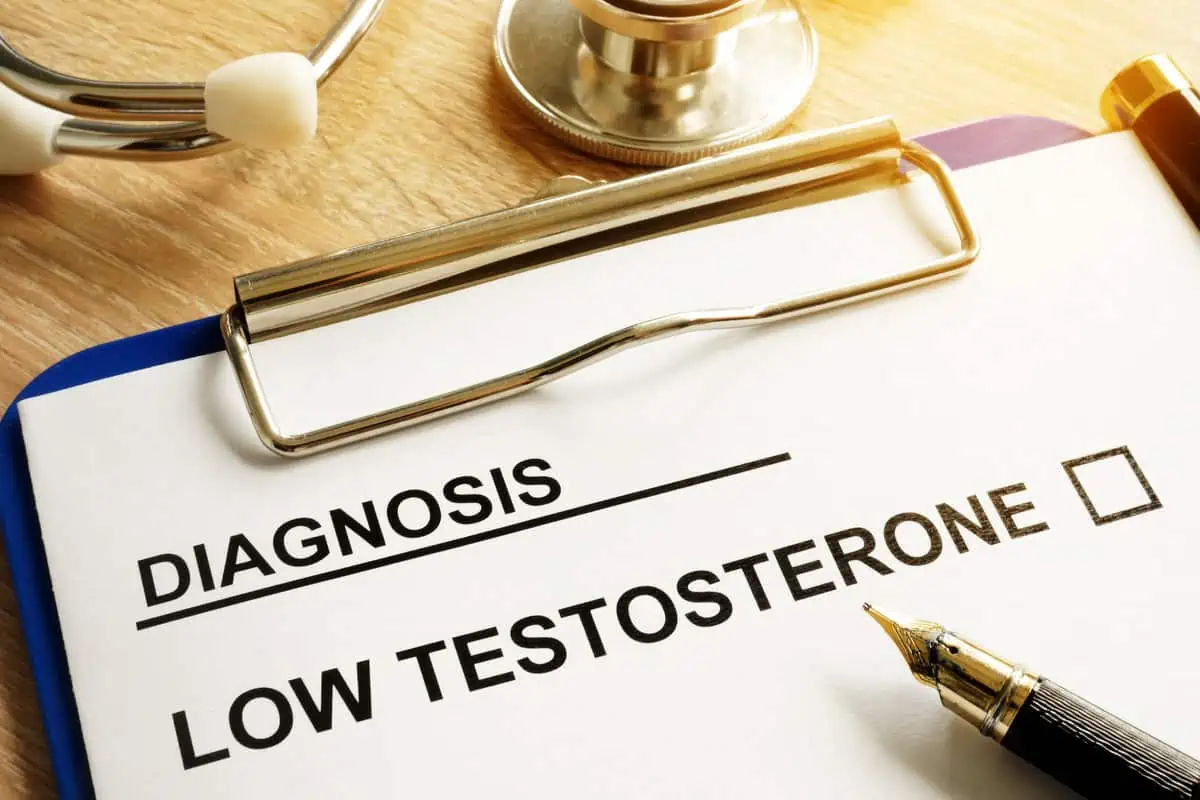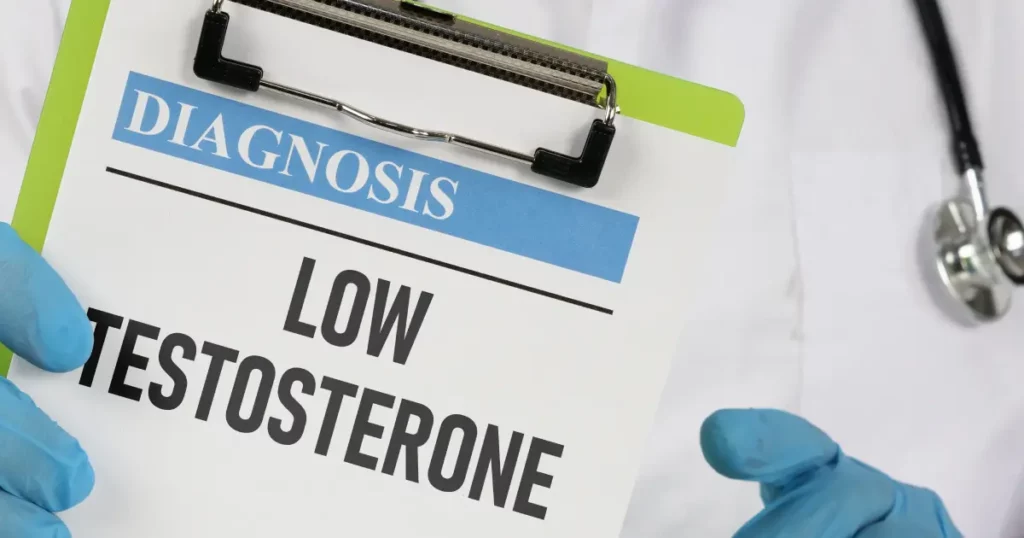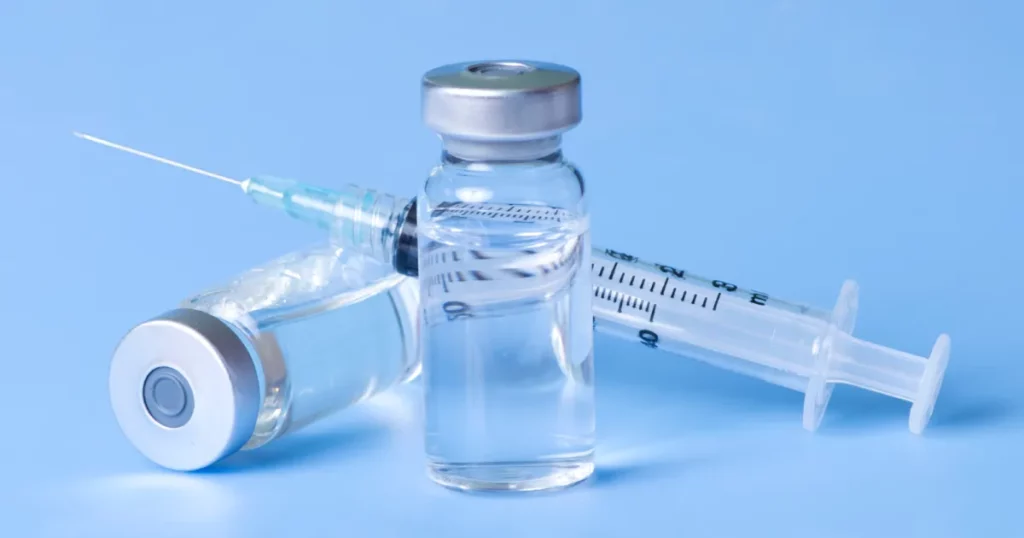Testosterone is crucial in men’s health, influencing everything from mood to muscle mass. When levels of this vital hormone dip below normal, it can greatly impact well-being.
Understanding low testosterone symptoms, how they are diagnosed, and the available treatments are essential for anyone suspecting they might be affected. This blog post aims to provide a friendly yet professional overview, guiding you through the important aspects of low testosterone.
Identifying Low Testosterone Symptoms
Knowing the signs of low testosterone is the initial step point to addressing the issue. Common low testosterone symptoms include fatigue, decreased libido, weight gain, and mood swings. Men may also experience reduced muscle mass, difficulties concentrating, and a general sense of not feeling like themselves. It’s important to note that these symptoms can vary in intensity and may be subtle initially.
The Psychological Impact of Low Testosterone
The effects of low testosterone aren’t just physical; they can also significantly impact mental health. Symptoms like mood swings, depression, and anxiety are not uncommon in men with low testosterone.
Understanding the psychological aspects is essential for a holistic approach to treatment. This section will discuss the mental and emotional symptoms associated with low testosterone, stressing the importance of addressing these aspects alongside the physical symptoms.
Identifying Relationships with Low Testosterone
Low testosterone can also create an impact on personal relationships. Issues such as reduced libido and mood changes can strain connections with partners, often leading to misunderstandings and frustrations. This section aims to guide navigating relationship challenges that arise from low testosterone symptoms. It will offer communication, understanding, and mutual support strategies, which are crucial in maintaining healthy relationships during treatment.
The Importance of Accurate Diagnosis
If you suspect that you’re experiencing symptoms of low testosterone, the next step is getting a proper diagnosis. This typically involves a combination of blood tests to measure testosterone levels, along with a thorough evaluation of symptoms and medical history. Accurate diagnosis is crucial, ensuring that any treatment plan matches your needs and conditions.
Exploring Treatment Options for Low Testosterone
Once diagnosed with low testosterone, there are several treatment options available. These may include hormone replacement therapy, lifestyle changes, or medication. Each treatment plan is personalized, depending on the individual’s health, symptoms, and preferences. It’s ideal to discuss all options with a healthcare provider to perceive the potential benefits and risks associated with each treatment.
Lifestyle Changes and Natural Remedies
Aside from the medical treatments, lifestyle changes can also create an effect in managing low testosterone symptoms. Regular exercise, a balanced diet, adequate sleep, and stress management can improve testosterone levels. Natural remedies, such as certain vitamins and supplements, might also be recommended as part of a holistic approach to treatment.
Your Diet in Managing Low Testosterone
Diet plays a part in managing low testosterone levels. Certain foods are known to boost and raise your testosterone production, such as those rich in zinc and vitamin D. Conversely, a poor diet can exacerbate symptoms.
This section will delve into dietary recommendations for boosting testosterone levels, including which foods to incorporate and which to avoid. It will also monitor the importance of maintaining a balanced diet for overall hormonal health.
The Role of Continuous Monitoring and Support
Managing low testosterone is an ongoing process that often requires regular monitoring and adjustments to treatment plans. Regular check-ups with your healthcare expert are important to ensure that treatments are effective and to make any necessary changes. Support from family, friends, and support groups can also be invaluable in managing the condition.
Advances in Low Testosterone Treatment
The field of low testosterone treatment is continually evolving, with new therapies and approaches being developed.
From the latest in hormone replacement therapy to innovative lifestyle intervention programs, this section will explore the cutting-edge treatments currently available or in development. It will provide insights into how these new treatments work, their efficacy, and what future advancements might be on the horizon for those dealing with low testosterone.
Our Services at Gladiator Health
At Gladiator Health, located in Riverdale, UT, we specialize in offering a range of targeted treatments for low testosterone (Low T). Our approach includes:
- Testosterone replacement therapy.
- The use of estrogen blockers.
- Human Chorionic Gonadotropin (HCG) treatments.
These therapies are meticulously designed to not only elevate your testosterone levels but also to enhance your overall health and elevate your quality of life.
We typically recommend these treatments for men who have been clinically diagnosed with low testosterone functions and are experiencing related symptoms like persistent fatigue, a decrease in libido, or loss of muscle mass. Many clients observe noticeable adjustments within just a few weeks of starting treatment.
It’s important to note that the duration of the benefits can still depend from person to person, depending on individual health factors and the consistency of the treatment.
Don’t let low testosterone dictate the terms of your life. We invite you to take a self assessment with us at Gladiator Health in Riverdale, UT, and embark on your journey to renewed vigor and vitality.
Taking the Next Step
Dealing with low testosterone symptoms can be challenging, but with the right information and support, it’s a manageable condition. If you’re experiencing symptoms or have concerns about your testosterone levels, don’t hesitate to seek professional advice.
At Gladiator Health MD, we’re committed to providing comprehensive care for men dealing with low testosterone. Book an appointment with us today, and take the first step towards regaining your health and vitality. Your journey to better health starts here.



